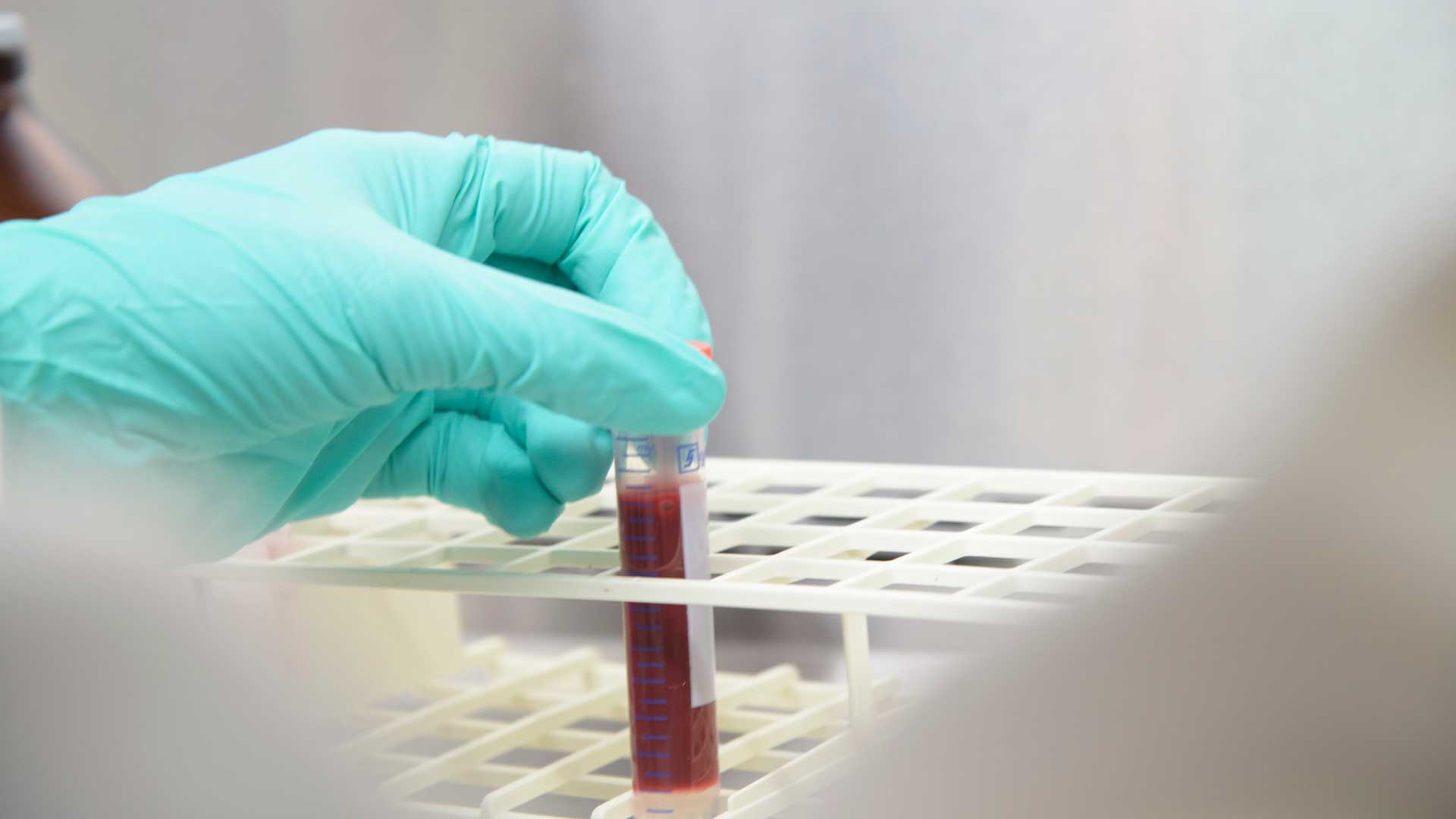 A photo accompanying a UANews release about the university's antibody testing effort in partnership with the state.
A photo accompanying a UANews release about the university's antibody testing effort in partnership with the state.
The University of Arizona's COVID-19 antibody testing study has expanded to include all employees at hospitals and a broad list of registered health care professionals. They will also be available to state corrections officers and child safety workers.
Antibody testing identifies if people have proteins in their blood produced by their immune system to fight the coronavirus that causes COVID-19. If participants are found to have COVID-19 antibodies, researchers say they should not assume they are immune to reinfection.
Those who want to participate in the study consent to have researchers draw a sample of blood and take down some demographic information. The study's consent form outlines that a portion of this blood might then be sent to UA partners for additional testing.
Any of these institutions can use these samples later on for "unspecified research projects without your additional consent." The samples will be stored at the UA Biorepository or within principal investigator Janko Nikolich-Zugich's lab indefinitely.
The initiative has 31 antibody testing sites with a new one in Nogales. The state has allocated $3.5 million to the project, and according to UANews, 6,000 blood samples were collected during the first phase of the initiative in Pima County that began in April 30. The study is calling for 250,000 Arizonans to donate their blood to be tested.
The Arizona Department of Health Services reported Wednesday 117,257 people across the state had taken a COVID-19 antibody test, also known as a COVID-19 serology test. According to the department, almost 3% of those tested had COVID-19 antibodies.

By submitting your comments, you hereby give AZPM the right to post your comments and potentially use them in any other form of media operated by this institution.